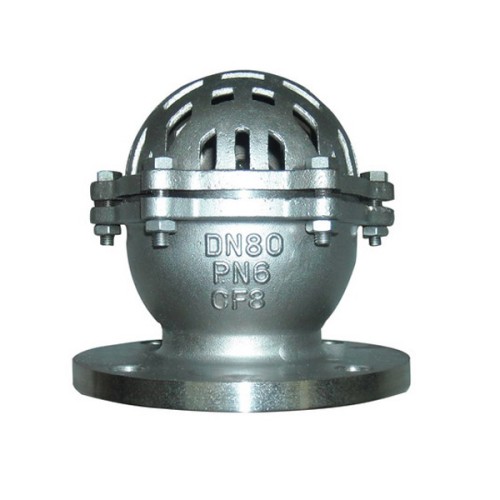instrumentation needle valves
Understanding Instrumentation Needle Valves
Instrumentation needle valves are critical components in various industrial systems, providing precise flow control in applications ranging from oil and gas to pharmaceuticals and chemical processing. Their design, functionality, and application significantly impact the efficiency and reliability of fluid dynamics in operational environments.
What Are Needle Valves?
Needle valves are types of linear motion valves that consist of a slender, tapered point at the end of a valve stem. This design allows for fine adjustments and precise control of fluid flow rates. The needle valve's unique construction enables it to handle higher pressure and flow conditions, making it suitable for instrumentation applications where accuracy is paramount.
Key Features
1. Precision Control The primary advantage of needle valves is their ability to finely regulate the flow of liquids and gases. The tapered needle allows for minute adjustments, making them ideal for applications where flow needs to be finely tuned, such as in analytical instruments and process control systems.
2. Durable Construction Needle valves can be constructed from various materials, including stainless steel, brass, and exotic alloys. This versatility must be selected based on the corrosive nature of the fluid being controlled and the temperature and pressure conditions. Durable construction ensures that needle valves can withstand harsh environments and continue to operate reliably over time.
3. Compact Design Due to their small size and simple design, needle valves are easy to integrate into existing systems. Their compact nature is beneficial in applications where space is at a premium.
instrumentation needle valves

4. Versatile Applications Instrumentation needle valves are employed in a wide range of industries, including
- Oil and Gas Used for controlling the flow of hydrocarbons and other fluids in pipelines and processing facilities. - Pharmaceuticals Ensures precise dosing and mixing of chemicals and solvents. - Chemical Processing Facilitates the control of chemical reactions by managing the flow of reactants and products. - Water Treatment Regulates the flow of water and various chemicals used in treatment processes.
How They Work
Needle valves typically operate by rotating the wheel or handle connected to the valve stem. As the handle is turned, the needle moves up and down within the valve seat. The lifting action reduces the cross-sectional area for fluid passage, which in turn decreases the flow rate. The flow rate can be adjusted with great precision, allowing for controlled fluid dynamics in various processes.
Installation and Maintenance
Proper installation and maintenance of needle valves are essential for optimal performance. When installing a needle valve, it is crucial to ensure that the valve is positioned correctly to facilitate the intended flow direction. Additionally, routine maintenance checks are critical to identify any wear, corrosion, or blockages that may hinder performance over time.
Conclusion
Instrumentation needle valves play a vital role in fluid control across many industries. Their ability to provide precise adjustments, coupled with robust construction, makes them indispensable in applications that demand accuracy and reliability. As industries continue to evolve, the importance of efficient fluid management is increasingly recognized, and needle valves will remain a cornerstone of process instrumentation technology. Understanding their functionality and ensuring proper installation and maintenance can dramatically enhance operational efficiency and prolong the lifespan of the systems in which they are used.
-
Breakthrough in Domestic Low Temperature Valve Technology in ChinaNewsAug.18,2025
-
From Machinery to Intelligent Brain: The Digital Transformation Wave of the Valve IndustryNewsAug.18,2025
-
PCVEXPO 2025NewsAug.18,2025
-
The Key to Fluid Control: Exploring the Advantages of Ball Valves in Industrial SystemsNewsJul.09,2025
-
The Versatile World of 1, 2, and 3 Piece Ball ValvesNewsJul.09,2025
-
Stainless Steel Ball Valves: The Ideal Choice for Efficient Flow ControlNewsJul.09,2025
-
Optimizing Fluid Control with Ball Float ValvesNewsJul.09,2025




